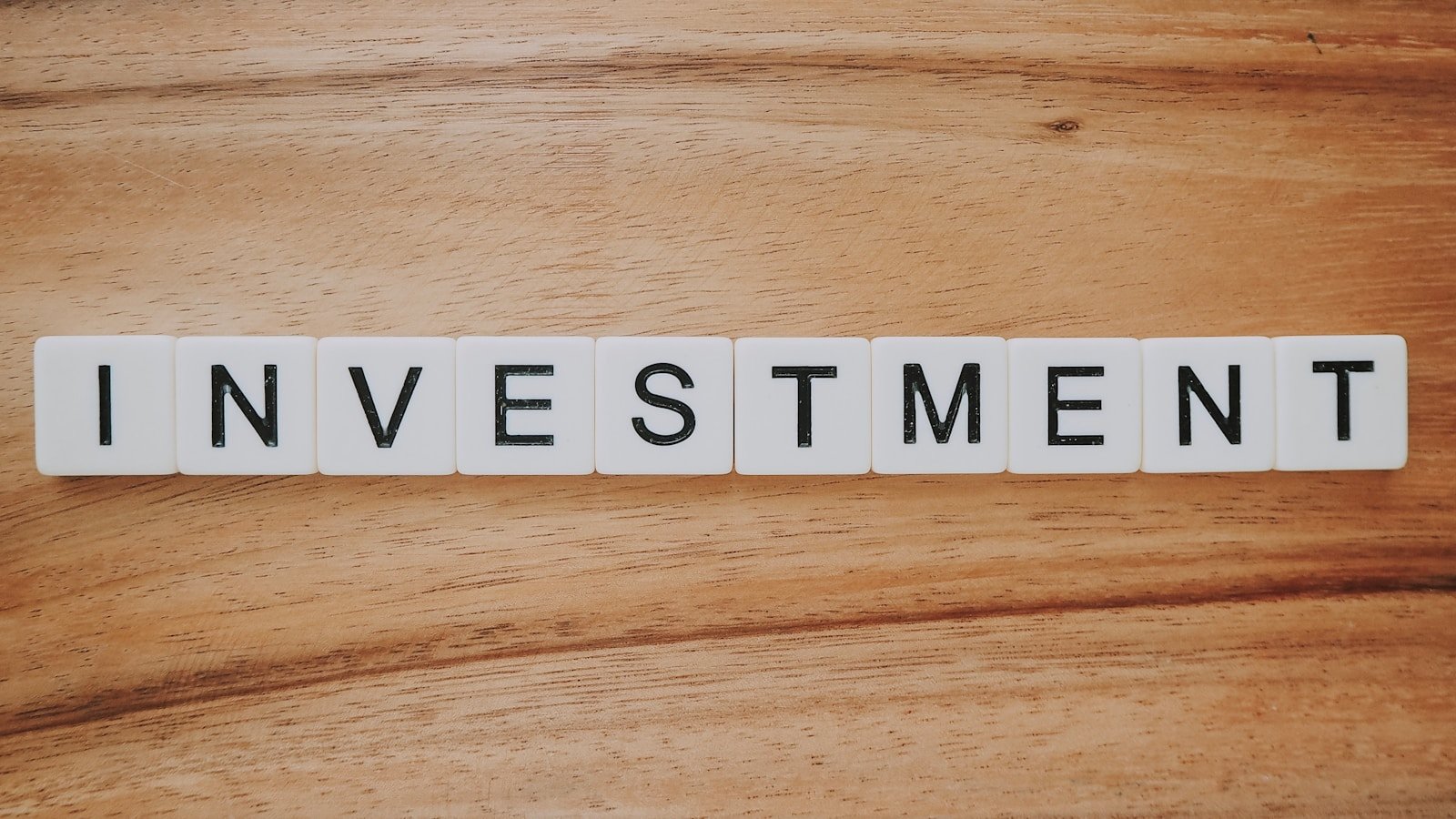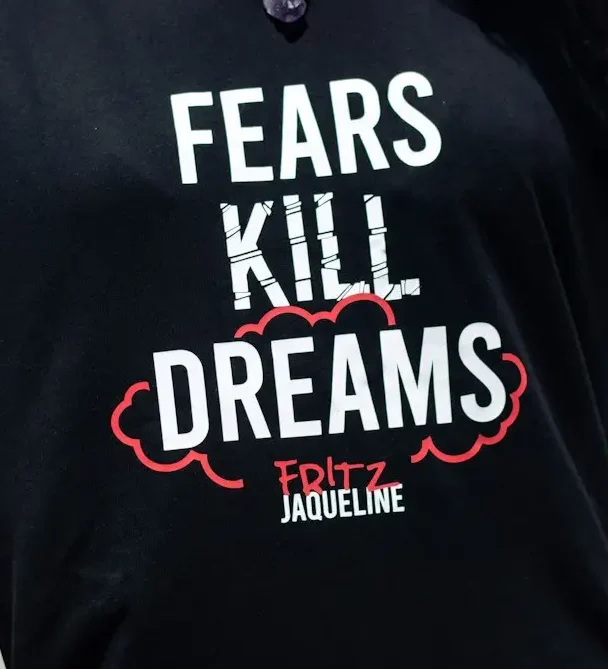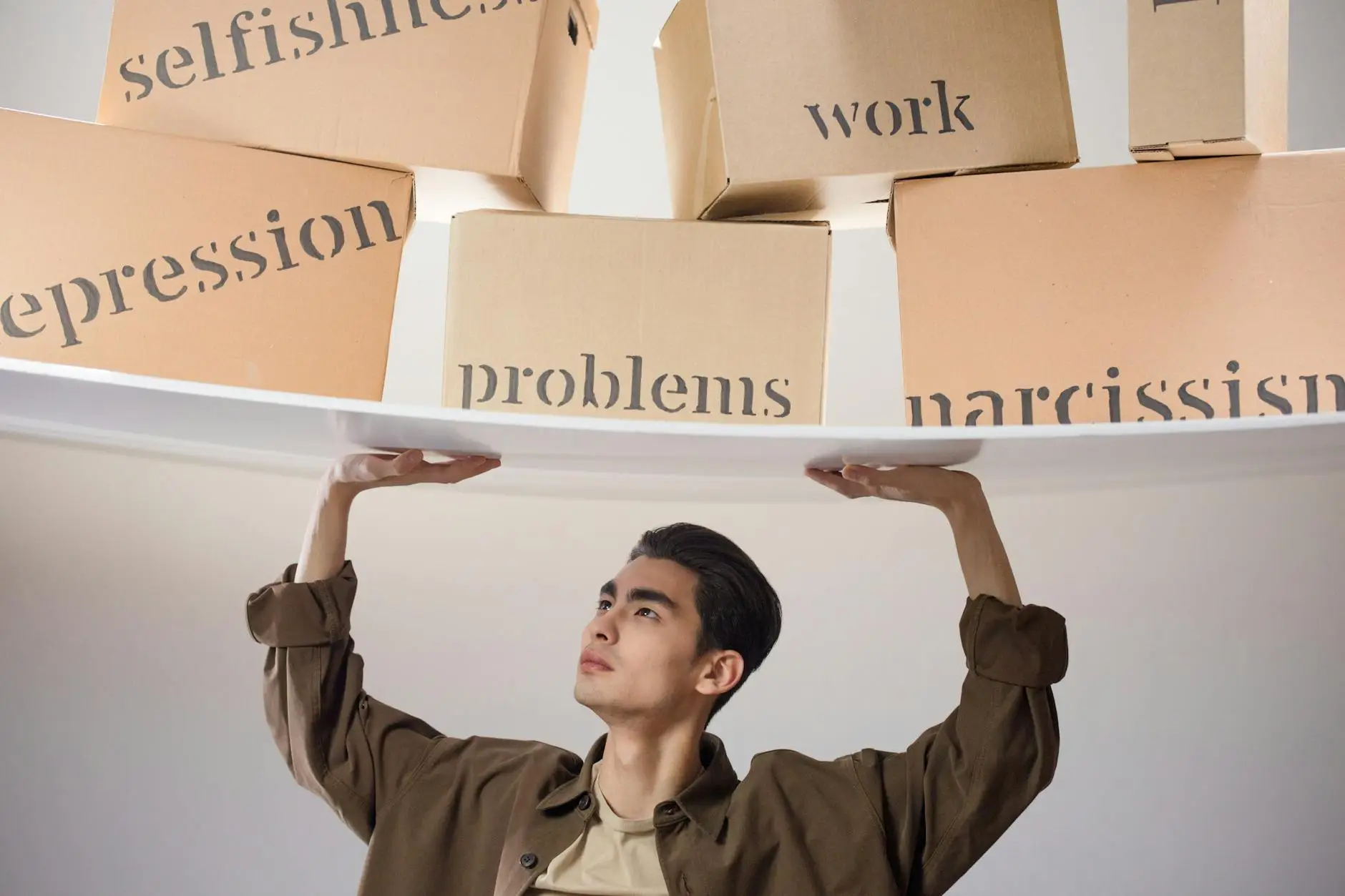Even if it was you who initiated your breakup, the process isn’t any easier. Sleepless nights caused by contemplating “what if?” or the consequences of “what will be?’, plagued many contemplating a breakup. Regardless of which side of the breakup you find yourself, you probably know that takes an emotional toll.
A breakup leaves people feeling confused, angry, lost and alone. But why do we struggle so much after a breakup? There are several reasons that contribute to post-breakup struggles, and it’s important to understand them to heal and move forward. Keep reading to find out why breakups can be so tough and how to navigate the roller-coaster of emotions.
So, let’s begin with a scenario about someone struggling with the fallout of a breakup. You may even identify with it:
Sarah had been in a relationship with Mark for five years and was sure they would spend the rest of their lives together. But when Mark suddenly ended things out of the blue, Sarah felt like her world was crumbling around her. She couldn’t eat or sleep. Worse yet, Sarah couldn’t stop replaying every moment of their relationship, trying to figure out where it all went wrong.
Before we move onto the various reasons why people struggle following a break-up. let’s briefly explore whether they really do happen “out of the blue.”

Do Breakups Actually Happen Out of the Blue?
Breakups can happen suddenly and seemingly out of the blue, catching the partner on the receiving end off guard. The truth though is, most breakups don’t come out of nowhere.
Breakups rarely happen entirely “out of the blue,” even though they might feel that way. In most situations, the signs of a looming breakup have been lurking for a while, but they can be subtle or easily dismissed or ignored.
Busy lives that include responsibilities, routines and obligations often stand in the way of seeing the small cracks that form in a relationship that if left unchecked, could lead to a split. These signs can include a gradual decline in communication, increasing emotional distance, or changes in how the couple interacts. When these conditions continue to fester under the surface, they might later be seen as a sudden decision to end a relationship.
On the other hand, people sometimes avoid confronting relationship problems because it’s easier to stay in their comfort zone rather than face the discomfort of addressing underlying issues. This avoidance can create a false sense of security, leading one partner to believe everything is fine until the other partner decides they’ve had enough.
The bottom line is, most breakups are the culmination of unresolved tensions and unmet needs, not a spur-of-the-moment decision. Recognizing this can be the first step in either preventing a breakup or alternatively, gaining a better understanding why one occurred.

Relationships Are a Huge Investment
It’s not unusual to give a committed relationship your-all. The reason is clear because a relationship is all-important for most couples whose lives become intertwined in many ways. After all, relationships are also where plans exist for the future that presuppose both partners will be together.
Relationships also require constant effort and communication to thrive and grow. Just like a plant needs water and sunlight to flourish, a relationship needs love, attention, and understanding to continue to blossom.
Nurturing a relationship requires continuous learning about each other, working through challenges, and adapting to each other’s needs and desires. When these ingredients are missing or diminished, the cracks described above can easily form.
Given what’s at stake, it makes sense that when a breakup occurs, it’s so hard to get over it. Think about it; people’s identities often become meshed with their partners, and when that connection is suddenly severed, it can feel like they lost a part of themselves.
Some say that losing a partner is much like experiencing the death of a loved one. In the case of a breakup, it’s the death of a relationship. In either situation, people are left to figure out who they are without their partner and how to navigate the world on their own.

Breakups Trigger Strong Emotions
Many people are surprised by the emotions that spill out after a breakup. It’s fair to describe them as emotional earthquakes that shake the very foundations of people’s lives.
Whether you saw the break-up coming or it blindsided you, it can trigger complex emotions. It’s like navigating through a stormy sea of sadness, anger, confusion, and even relief all at once. Each emotion ebbs and flows unpredictably, and can leave you feeling raw and vulnerable.
One of the most challenging aspects is how breakups stir up memories and reopen wounds we thought were healed. Some of the emotional triggers include the places you used to go together, the songs you shared, or even everyday routines. These situations become potent reminders of what once was in which heartache isn’t just a feeling but a tangible presence in your daily life.
If you are in the midst of coping with a breakup fallout, it may be difficult to believe that amidst this emotional wreckage, there’s an opportunity for growth and self-discovery. The flip side is breakups force us to confront aspects of ourselves and our relationships that you might have overlooked. They teach us resilience and the importance of self-care. And, that’s a good thing.
Ultimately, while the journey through a breakup is undoubtedly tough, it’s also a transforming experience that can lead to newfound strength and a deeper understanding of ourselves.

Breakups Bring Out Our Worst Fears and Insecurities
Breakups often force us to confront our worst fears and insecurities. Everyone has them to some degree, but our fears and insecurities become full-blown when a relationship ends.
That’s when you may worry that you won’t be able to manage on your own, find love again or are unworthy of being truly loved. These doubts can gnaw at us, cloud our thinking and prevent us from moving forward and opening ourselves up to new opportunities and possibilities.
These moments can also reveal insecurities you may have kept hidden, even from yourself. The end of a relationship can stir up old wounds and unresolved feelings, making you question your value and abilities. It’s normal to feel vulnerable, but these emotions can create walls that may prevent you from connecting with others or trusting yourself again.
At the same time, it is important to acknowledge these fears and insecurities; but don’t let them shape or define you. By facing your fears, you can start the healing process, gradually rebuild our confidence, and open yourself to the possibility of new beginnings.


